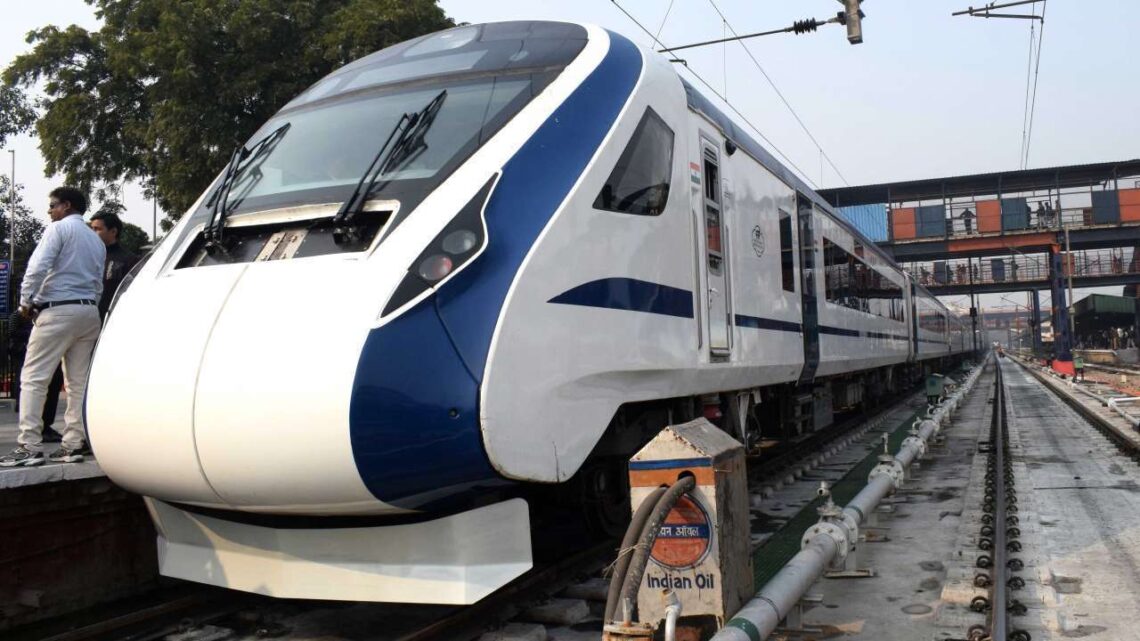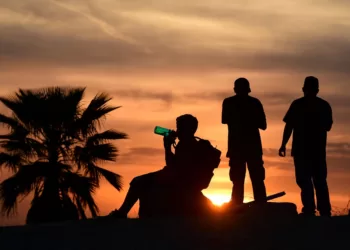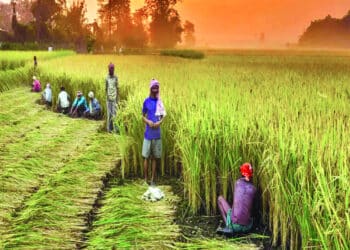Kerala’s Silver Line Project, a semi-high speed railway line that would connect the whole state ranging from the north to the south is also a threat to the ecology of the state.
Among others, areas such as Madayipara Biodiversity heritage site in North Kerala’s Kannur district, Kadalundi bird sanctuary, and its estuarine ecosystem, the highly ecologically sensitive Ponnani-Thrissur Kole wetlands, Thirunavaya, a village with numerous ponds, lakes, and wetlands would be badly affected by this construction.
This project would connect the whole state and have stations in major towns such as:
- Kollam
- Chengannur
- Kottayam
- Ernakulam (Kakkanad)
- Cochin Airport
- Thrissur
- Tirur
- Kozhikode
- Kannur
- Kasaragod
The proposed station in Kozhikode will be underground while Thiruvananthapuram, Ernakulam, and Thrissur will have elevated stations and all the other stations would be at grade.

Moreover, Cochin International Airport Limited has also offered one acre of land for the establishment of the station there.
However, it is important to note that many people are not sure about the feasibility and its positive impact to stay in the state. The project has led to environmental, social, and financial worries.
It could be the cause of large-scale displacement in Kerala where a high density of population is one of the most significant concerns. It has already gotten approval from the NITI Aayog and the government.
The government stated in the beginning that this new line would be in alignment with the old line hence there would be no new problems but in certain places, the construction map has gone even beyond 4km of the area from the old line.
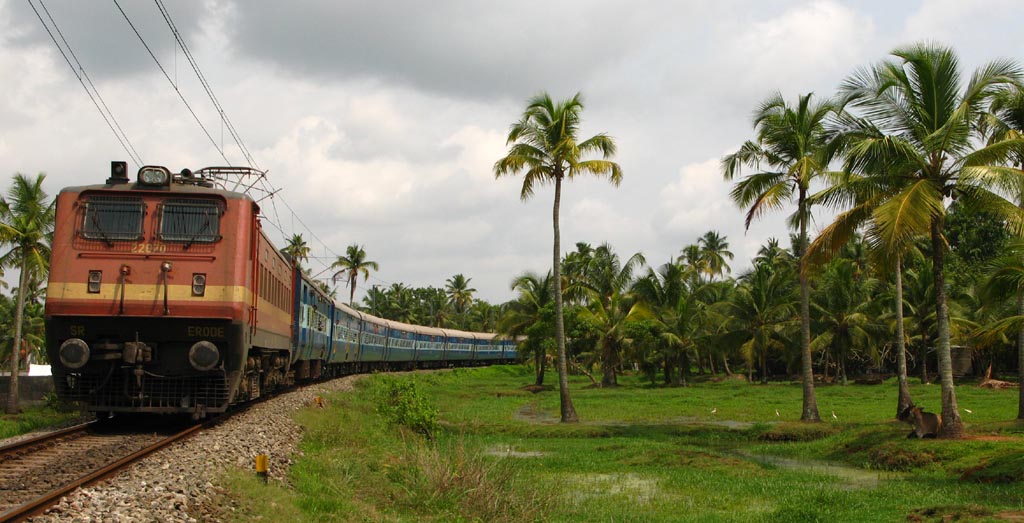
This would result in large-scale land acquisition for the project.
K-Rail managing director V. Ajith Kumar told Mongabay India that it is necessary to bring the change in alignment to make the lines avoid a lot of twists and turns and to help the route make a straight line.
Kerala Rail Development Corporation (K-Rail) is a joint venture of the Kerala government and the Union railway ministry.

R.V.G. Menon, a noted environmentalist from Kerala emphasized that the project would “have adverse impacts on the Western Ghats as it would require enormous amounts of granite and loose soil.”
Moreover, he added, “In Kerala, all granite quarries are in the Western Ghats. As the line must cross wetlands, rivers, rice fields, and lakes, the project requires large-scale land reclamations.
Numerous bridges planned as part of the project would require huge amounts of granite, sand, and soil. Considering the costly project’s social, environmental, and financial impacts, it is a white elephant.”
He said that the government should back out from this project because people are really suffering from the adverse impact of climate and this would only make things worse.

Kumar however, on the other hand, believes that this project is a significant leap in the forward direction for the state to improve communication and transportation.
Santosh Thannikkat, an expert has a complete disagreement with his statement though.
He doubts the feasibility of the project and adds that there is no guarantee that this would achieve anything substantial. He says, “it is undoubtedly a costly project.
As Kerala is well connected with five airports and neighboring airports of Coimbatore and Mangalore, cheap flights are a far better option than an expensive high-speed railway, attracting only very few travelers.
There is no guarantee that the new line would get more travelers as most people in the state prefer better connectivity to Bangalore and Chennai than the state’s interior areas like Kasargod.”
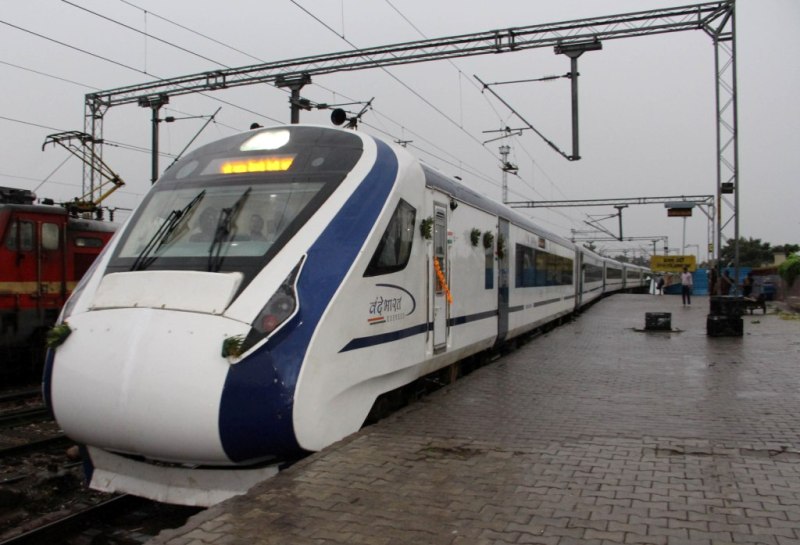
About an alternative, the Kerala Sastra Sahitya Parishad (KSSP), a popular science movement that maintains links with the ruling LDF said, “as far as Kerala is concerned, the best option is to forgo the Silver Line project and take up the modernization of the existing railway network and implement diverse, sustainable projects.
It is certain that the project will render thousands of families across the state homeless. We must anticipate possible backlashes in the event of mass eviction of people who are still reeling under the pandemic.”
Noted environmentalist Sreedhar Radhakrishnan also said that the state which is surrounded by full of environmental disasters like floods, droughts, tsunamis, epidemics, inviting another one is not a good idea.
This project would be a hydrological disaster as it would prevent water flow from the Western Ghats to the Arabian sea during floods and monsoons.
“Cost-effective alternatives must be probed, and consultations with experts with authentic and independent stand must be initiated,” instead he added.
Also Read:


